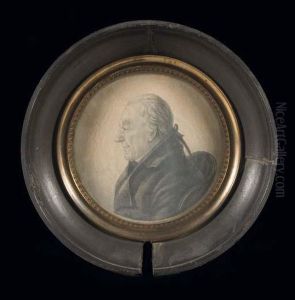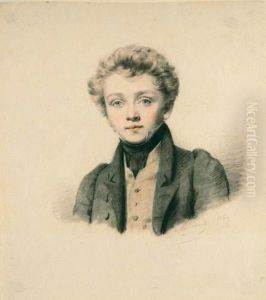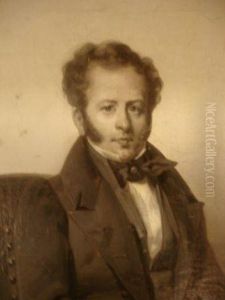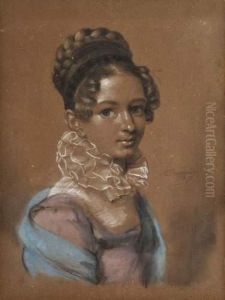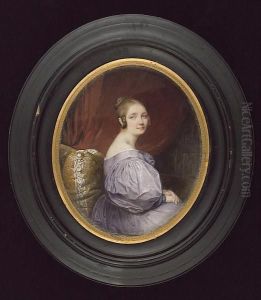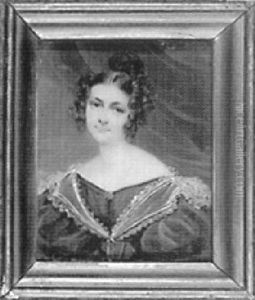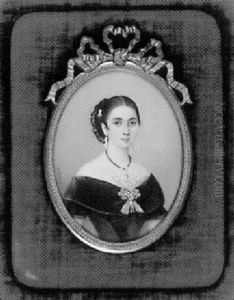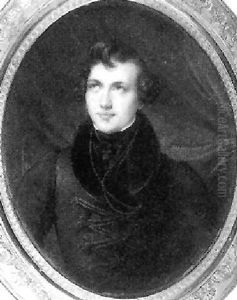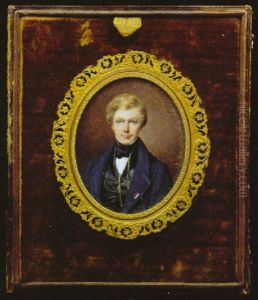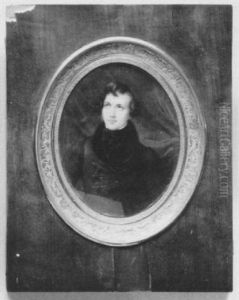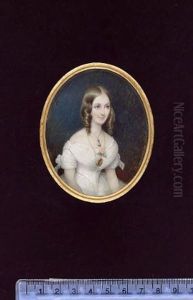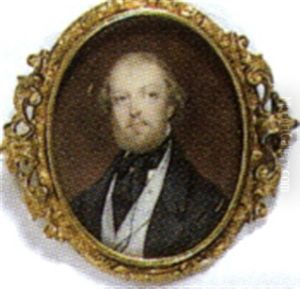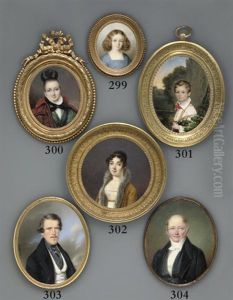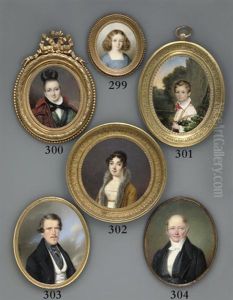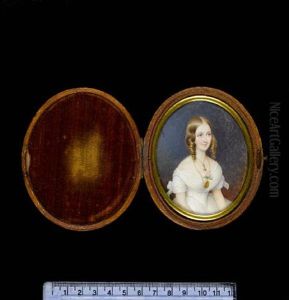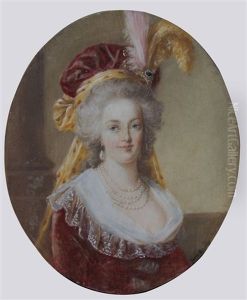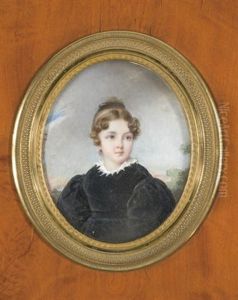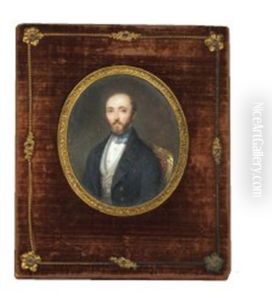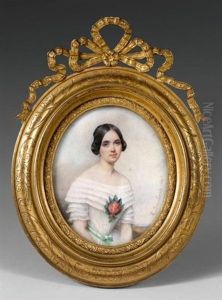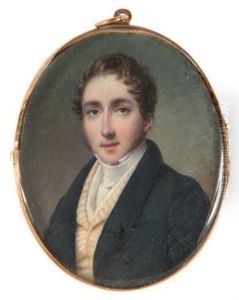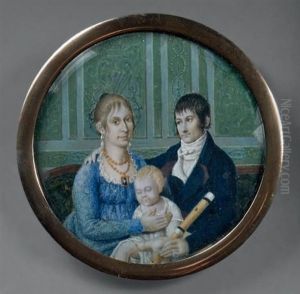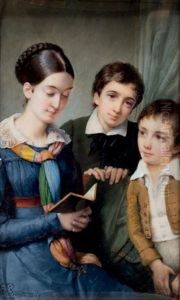Etienne Bouchardy Paintings
Etienne Bouchardy was a French playwright and novelist, primarily known for his works in the melodramatic genre, which was immensely popular during the 19th century. Born on November 29, 1799, in Paris, France, Bouchardy lived during a period of significant social and political change, which influenced the themes and characters of his plays.
Bouchardy's career as a playwright began in the 1820s, but he achieved significant success in the 1830s with the rise of melodrama, a theatrical genre characterized by sensational plot elements, emotional appeals, and clear distinctions between good and evil characters. Melodrama was a form of entertainment that appealed to the emotions of the burgeoning middle class and working-class audiences of the time.
During his lifetime, Bouchardy was recognized for his ability to captivate audiences with tales that often combined elements of romance, danger, and moral conflict. His works typically featured heroes facing grave injustices, villains embodying pure evil, and virtuous heroines in distress. These plays resonated with the common people, who saw reflections of their own struggles in the exaggerated narratives.
One of Bouchardy's most famous plays is 'Claude Gueux,' which was later adapted into a short story by Victor Hugo. This work highlighted Bouchardy's social conscience by addressing the issues of crime and punishment, and it underscored the impact of social circumstances on personal destiny.
Bouchardy was not only a playwright but also engaged in novel writing. His novels, however, did not achieve the same level of acclaim as his plays. His literary works were part of the larger 19th-century French literary movement, which included other melodramatic and romantic writers such as Alexandre Dumas and Eugène Sue, who also explored themes of social injustice and human suffering.
Etienne Bouchardy's contribution to the genre of melodrama was significant during his time, and his works played a role in shaping the tastes and expectations of theater audiences in the 19th century. He passed away on January 14, 1849, in Paris. While his name may not be as widely recognized today as some of his contemporaries, his influence on the development of popular theater during his lifetime was considerable.
